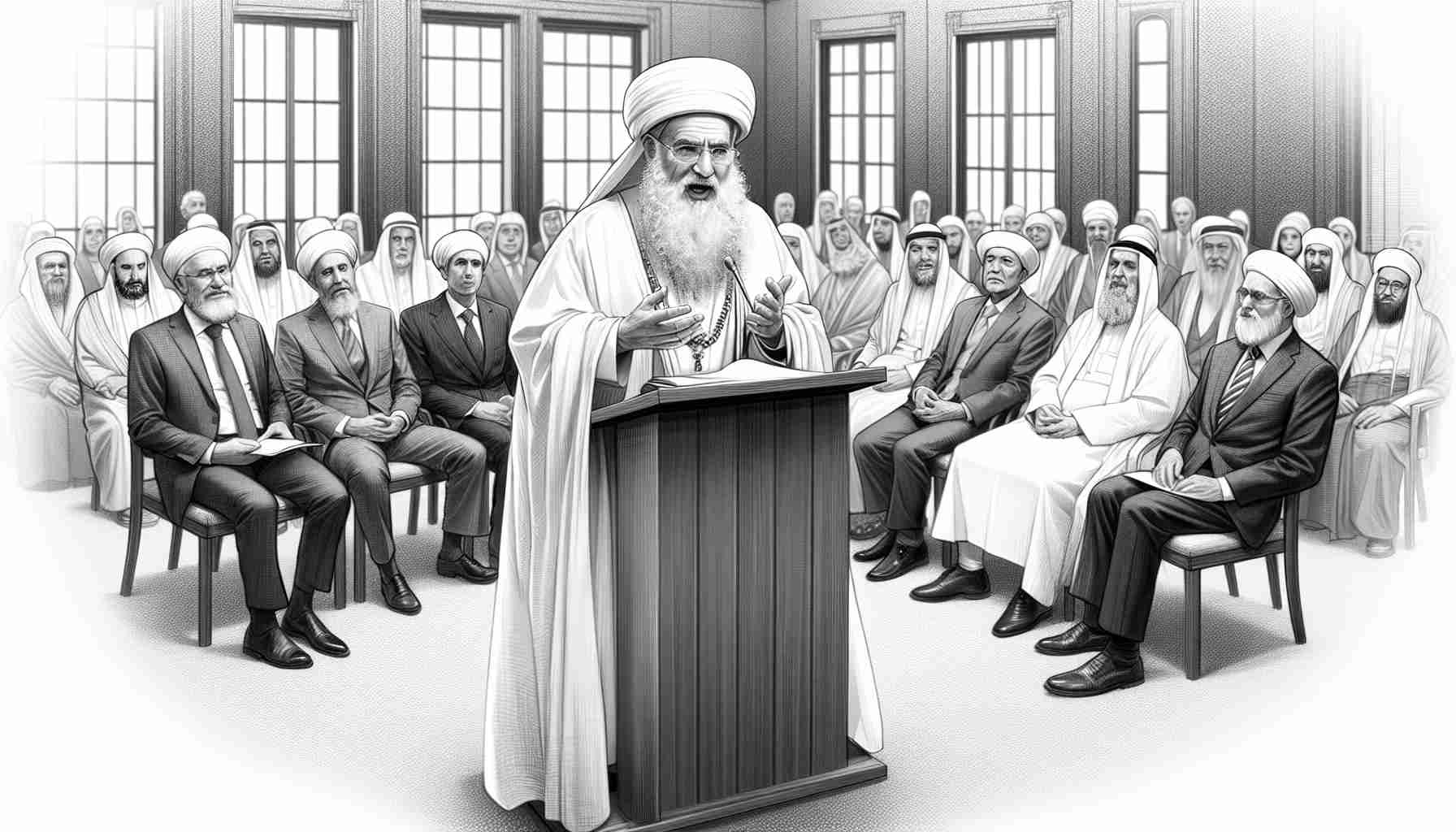On a historic occasion, Pope Francis addressed the assembly of G7 leaders in Italy’s southern region, Puglia, marking the very first time a pontiff has taken part in such a gathering. Among the policymakers in attendance were US President Joe Biden and French President Emmanuel Macron.
The Vatican’s 80-something-year-old leader, already at the helm of a two-millennia-old institution, is not one to shy away from contemporary issues like cutting-edge technology. The Pope views artificial intelligence (AI) as a crucial challenge facing humanity.
The Vatican has gathered a formidable panel of AI experts to scrutinize the manifold impacts of the technology with a keen focus on ethical considerations. Esteemed figures like British researcher Demis Hassabis, head of Google DeepMind and a member of the Pontifical Academy of Sciences since March, lend their expertise.
In 2020, the Holy See launched the ‘Rome Call for AI Ethics’, inviting industry giants like Microsoft and IBM, as well as the UN, Italy, and various universities, to sign on to its plea for transparency and respect for privacy.
The Church’s dialogue with scientists and entrepreneurs raises a question: Can an institution, seemingly with inverse priorities to those of corporate directors, make its voice heard on a global stage regarding these complex issues?
“The absence of a ‘Vatican Tech’ sector is paradoxically advantageous in terms of neutrality,” notes French priest Eric Salobir, President of the Human Technology Foundation. Without a vested interest in the digital economy or start-up ventures, the Vatican focuses solely on the technology’s impact on people.
Ending 2023 on a poignant note, Pope Francis dedicated his World Day of Peace message to AI, highlighting the Vatican’s commitment to fostering an international treaty to safeguard against the serious dangers posed by new technologies. This includes risks such as disinformation campaigns and interference in electoral processes, echoing regulations set by the European Union.
The Pope vigilantly champions the concept of ‘algorithm ethics’ to combat what he refers to as ‘the specter of new forms of slavery’. With Italy hosting the G7 summit and AI’s impact on labor markets as a key theme, Prime Minister Giorgia Meloni anticipates that the Pontiff’s presence will significantly influence the development of an ethical and cultural framework for AI regulation.
The Bishop of Rome himself has been the subject of viral AI-generated images depicting him in unconventional situations. Meanwhile, the Church has already begun leveraging these platforms, like CatéGPT and HelloBible, for evangelization and to educate on Catholic doctrine.
Artificial Intelligence (AI) ethics is an emerging field that grapples with the moral implications of advanced technology. Within this context, Pope Francis’ involvement is particularly significant due to the moral authority of the Vatican. AI presents several challenges, including but not limited to:
– **Bias and Discrimination:** AI can perpetuate and even amplify societal biases if not properly monitored and adjusted. Algorithms trained on biased data can produce unfair or prejudicial outcomes.
– **Autonomy and Agency:** Concerns arise about the degree to which AI should be allowed to make decisions that have significant repercussions on human lives.
– **Accountability:** It can be difficult to determine who is responsible when AI systems make errors—programmers, operators, manufacturers, or the AI itself.
– **Surveillance and Privacy:** AI can be used to monitor individuals on a mass scale, raising questions about the right to privacy and potential abuses of power.
– **Employment and Economic Impact:** AI advancements may lead to significant job displacement across various industry sectors.
The Vatican’s stance on AI serves as a unique checkpoint that challenges the rapid progression of technology with centuries-old ethical contemplations. While lacking direct investment in technology, the Vatican’s moral leadership aims to shape AI’s development in a humane direction, highlighting:
Advantages:
– Vatican’s moral influence may lead to more stringent ethical guidelines for AI.
– Encourages diverse discourse on global AI policies, integrating humanitarian perspectives.
– Aligns AI’s potential with human dignity and common good principles.
– A focus on the respect of fundamental rights and freedoms in AI implementation.
Disadvantages:
– The Vatican’s voice may be insufficient to sway businesses and governments driven by profit and power.
– Lacks technical expertise and direct influence on AI development processes.
– Differences in moral and cultural values across the globe may lead to challenges in implementing a universal ethical AI framework.
Regarding further information, it would be relevant to visit the websites of the larger bodies involved in discussions about AI ethics. While specific subpage links cannot be provided, you can obtain more insights by exploring the main websites of the following organizations:
– The Holy See – Vatican
– Microsoft
– IBM
– The United Nations
These platforms often have dedicated sections on AI, ethics, and their engagement in the discussions around these topics.

